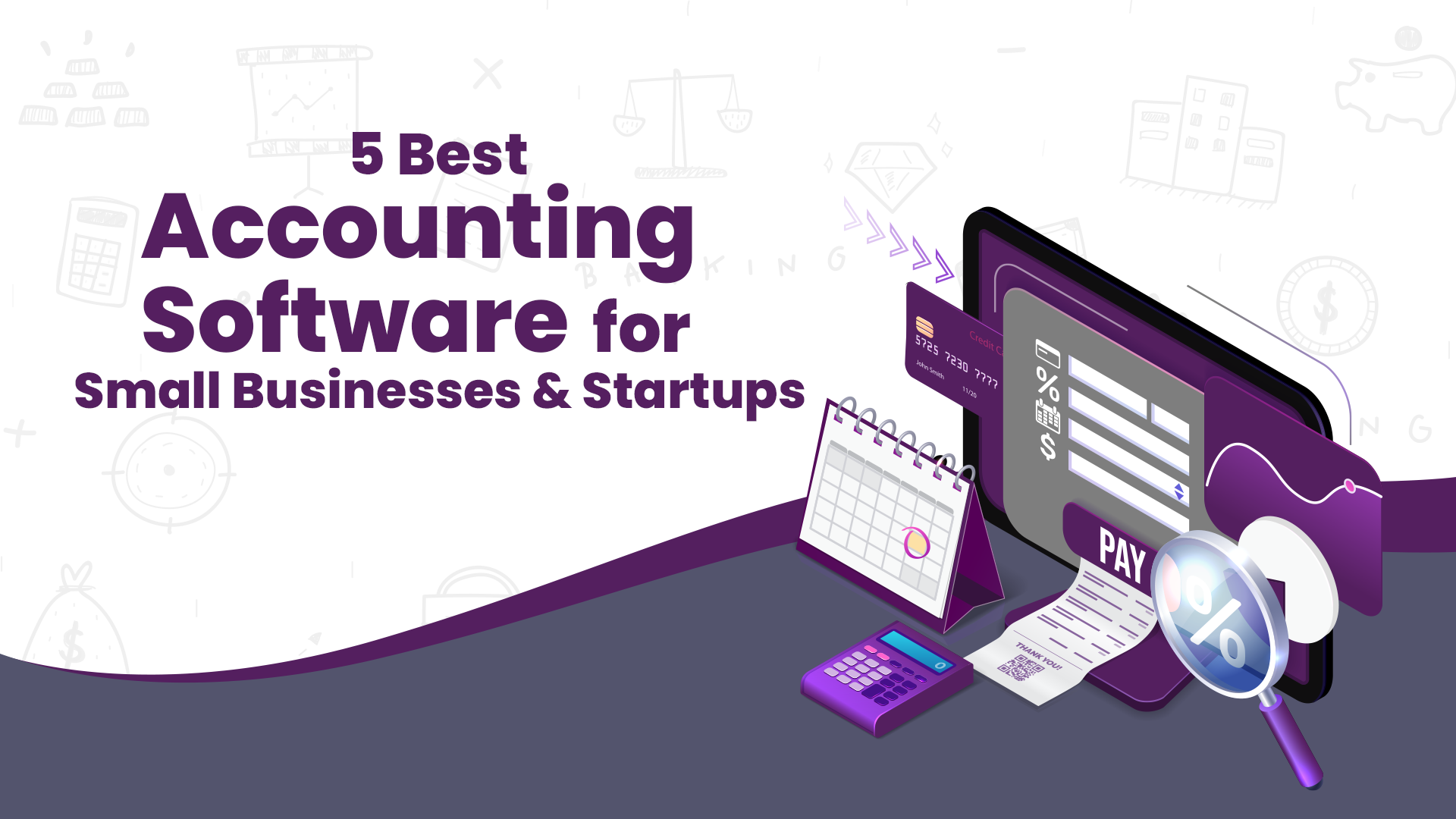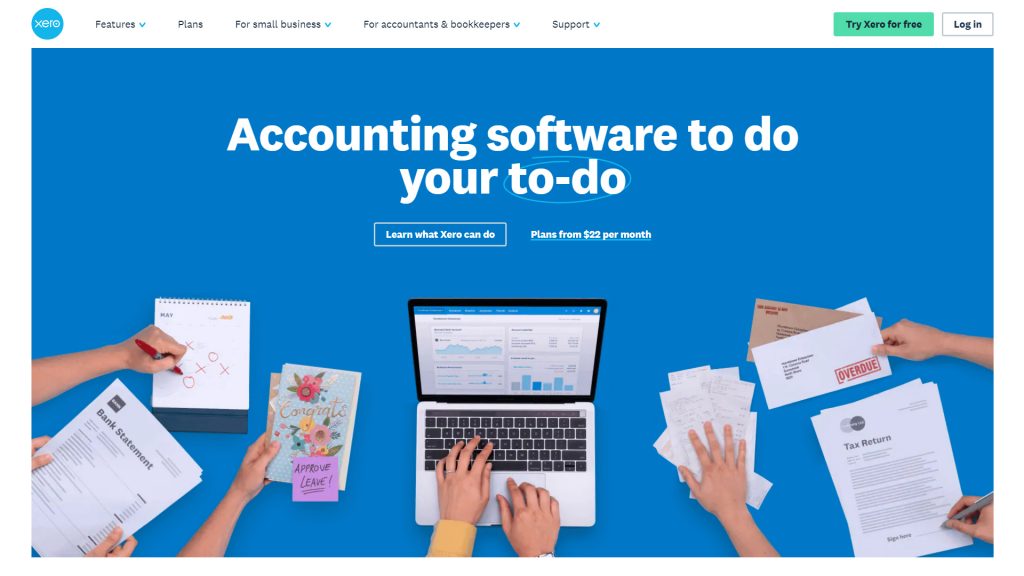Introduction
In the digital age, efficient financial management is crucial for the success and growth of small businesses. Online financial software offers streamlined accounting and financial management solutions, helping businesses automate tasks, manage expenses, generate reports, and ensure compliance. These tools are designed to simplify complex financial processes, saving time and reducing the risk of errors, thus allowing business owners to focus more on strategic activities.

Top Online Financial Software for Small Businesses
- QuickBooks Online
- Features: Invoicing, expense tracking, payroll processing, and tax preparation.
- Benefits: User-friendly interface, extensive third-party integrations, and robust customer support.
- Best For: Small to medium-sized businesses looking for a comprehensive solution.
- Xero
- Features: Bank reconciliation, inventory management, invoicing, and expense tracking.
- Benefits: Cloud-based access, real-time updates, and a mobile app for on-the-go management.
- Best For: Businesses needing strong collaboration features and multi-currency support.
- FreshBooks
- Features: Time tracking, project management, invoicing, and expense tracking.
- Benefits: Simple setup, excellent customer service, and integration with various payment gateways.
- Best For: Freelancers and service-based businesses requiring detailed time tracking.
- Wave
- Features: Invoicing, receipt scanning, payroll, and accounting.
- Benefits: Free accounting and invoicing features, easy-to-use interface, and seamless bank connections.
- Best For: Small businesses and startups with limited budgets.
- Zoho Books
- Features: Inventory management, bank reconciliation, invoicing, and time tracking.
- Benefits: Part of the Zoho suite, offers automation features and a customizable interface.
- Best For: Businesses already using Zoho products or looking for a scalable solution.
Key Features of Online Financial Software

- Automated Invoicing and Billing
- Recurring Invoices: Automatically send invoices for regular clients, reducing manual work.
- Payment Reminders: Send automatic reminders to clients for overdue payments.
- Expense Tracking and Management
- Receipt Scanning: Capture and store receipts using mobile apps.
- Categorization: Automatically categorize expenses for easier tracking and reporting.
- Bank Reconciliation
- Automatic Import: Import bank transactions automatically to keep records up to date.
- Matching Transactions: Match imported transactions with recorded expenses and income.
- Financial Reporting and Analytics
- Customizable Reports: Generate profit and loss statements, balance sheets, and cash flow reports.
- Dashboard: Visualize key financial metrics in an easy-to-understand format.
- Tax Preparation and Compliance
- Tax Calculation: Calculate sales tax, VAT, and other applicable taxes.
- Filing Assistance: Prepare and file taxes with integrated solutions or export data for your accountant.
- Integration with Other Tools
- Third-Party Apps: Integrate with payment processors, CRM systems, and e-commerce platforms.
- API Access: Use APIs to connect with custom or proprietary systems.
Benefits of Using Online Financial Software

- Increased Efficiency
- Time Savings: Automate repetitive tasks such as invoicing and reconciliation.
- Error Reduction: Minimize human errors through automated data entry and calculations.
- Real-Time Financial Insights
- Up-to-Date Information: Access real-time data to make informed business decisions.
- Performance Tracking: Monitor financial performance through dashboards and reports.
- Enhanced Collaboration
- Multi-User Access: Allow multiple users to access financial data with appropriate permissions.
- Remote Access: Manage finances from anywhere with cloud-based solutions.
- Cost-Effective
- Affordable Plans: Choose from various pricing plans to suit your business size and needs.
- Scalability: Upgrade features and capabilities as your business grows.
- Security and Compliance
- Data Protection: Ensure data security with encryption and regular backups.
- Regulatory Compliance: Stay compliant with tax laws and financial regulations.
Conclusion
Online financial software provides small businesses with powerful tools to manage their finances efficiently and effectively. By automating accounting tasks, offering real-time insights, and ensuring compliance, these solutions help businesses save time and reduce errors, ultimately leading to better financial health and growth. Whether you’re a freelancer, a startup, or an established small business, adopting the right financial software can streamline your operations and contribute to your success.









